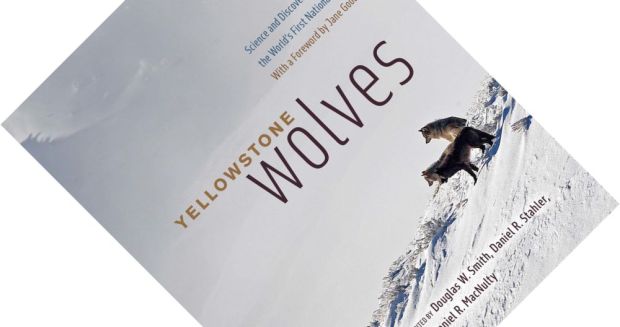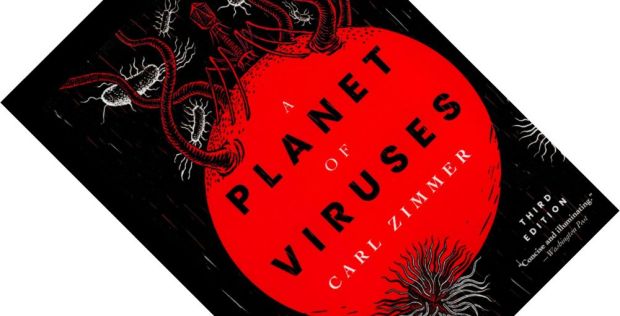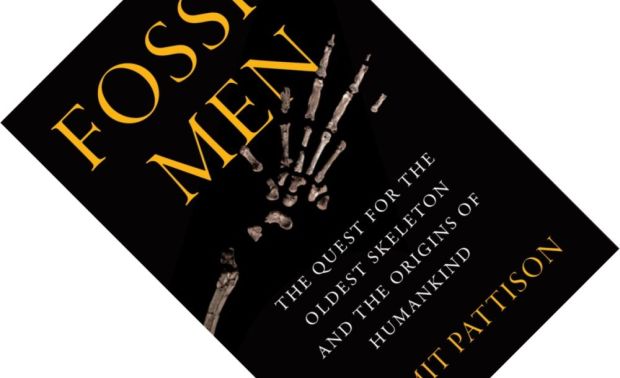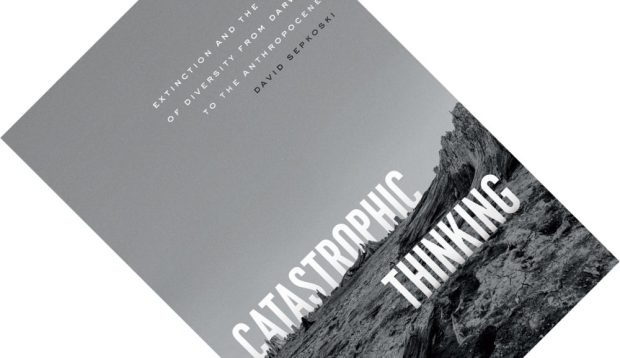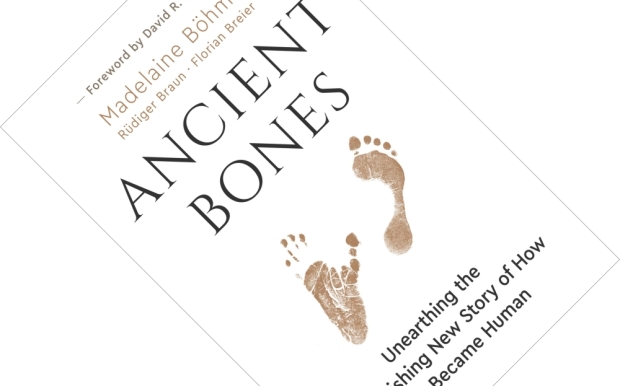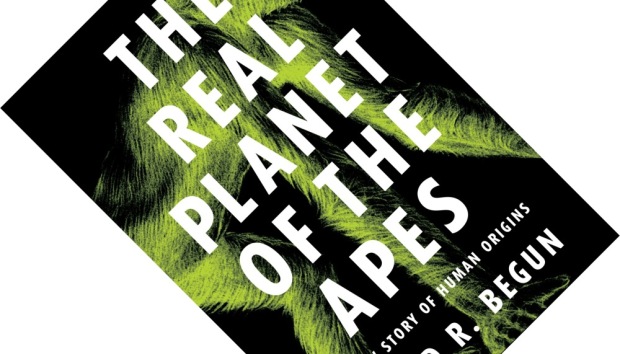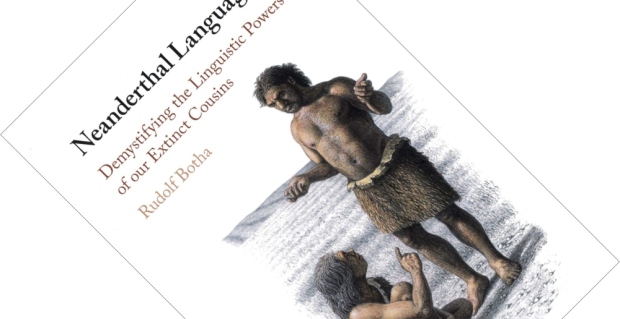7-minute read
The reintroduction of wolves to Yellowstone National Park is one of the best-known examples of wildlife conservation. To celebrate its 25th anniversary and summarise the many lessons learned, Yellowstone Wolf Project leaders Douglas W. Smith and Daniel R. Stahler, together with wildlife ecologist Daniel R. MacNulty, bring together research from over 70 colleagues in this large, edited collection. The combination of academic content, excellent photography, guest essays, and an online bonus documentary with interviews make this the go-to reference work for anyone wanting to go beyond the headlines on this reintroduction project.

